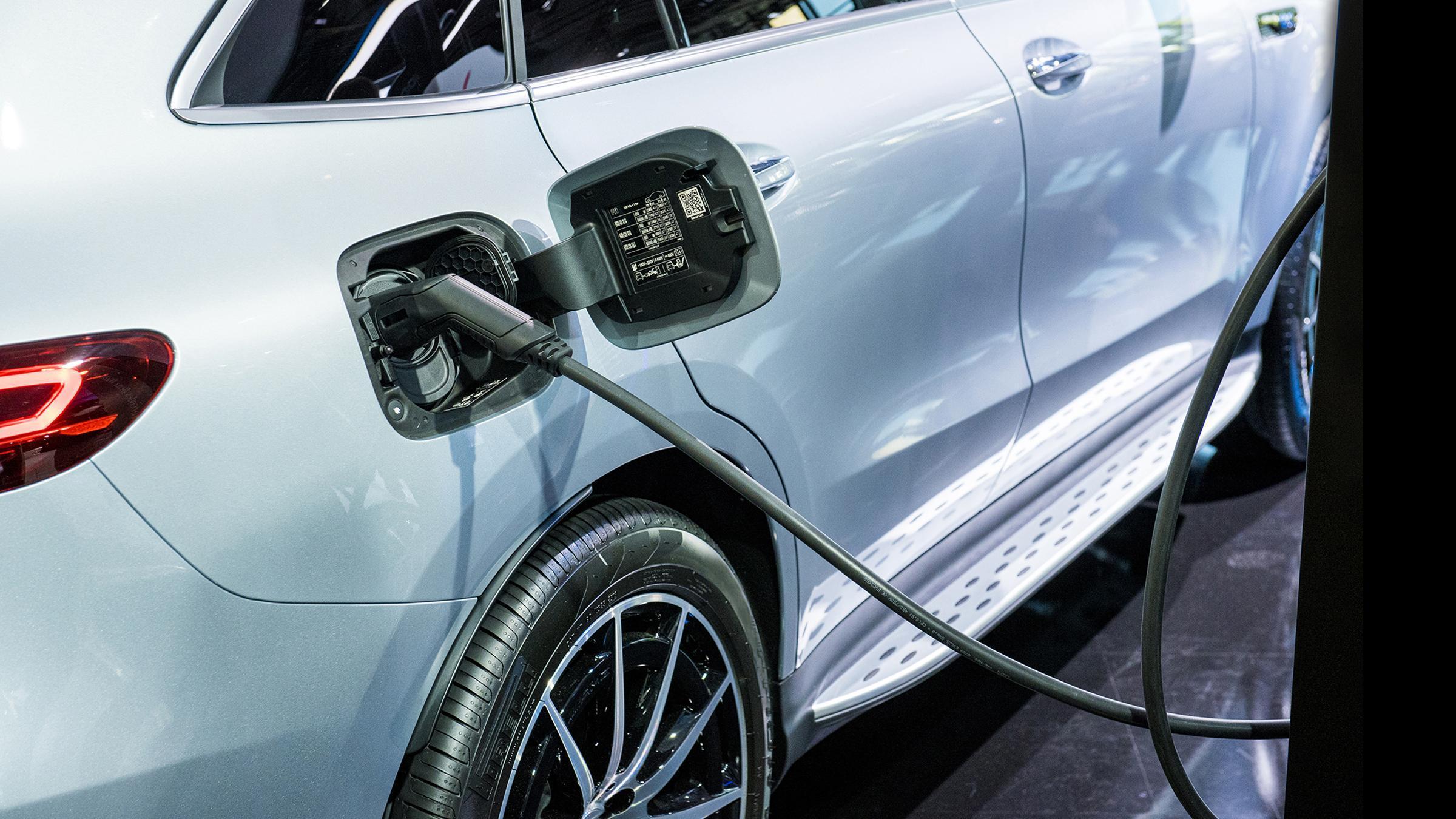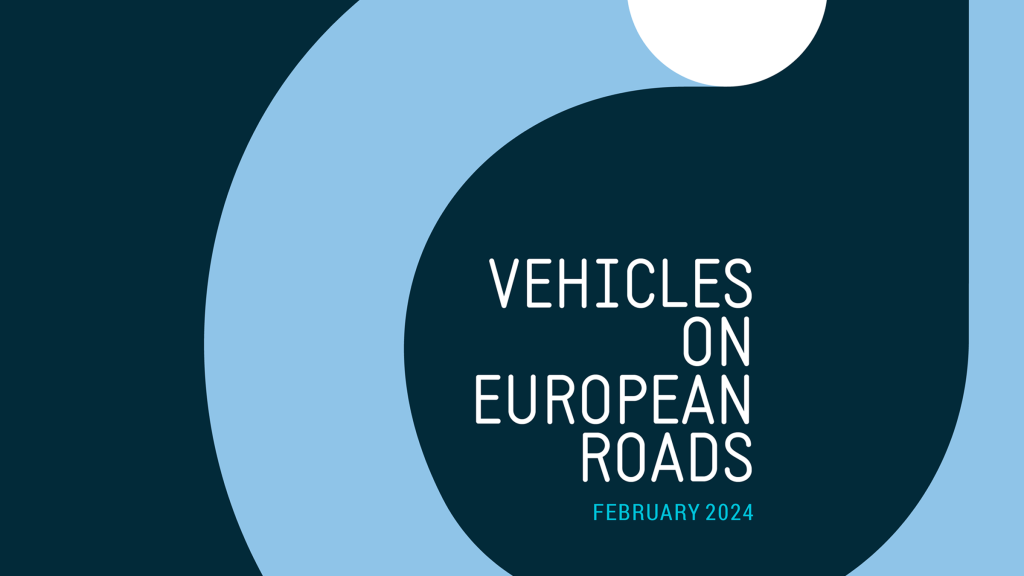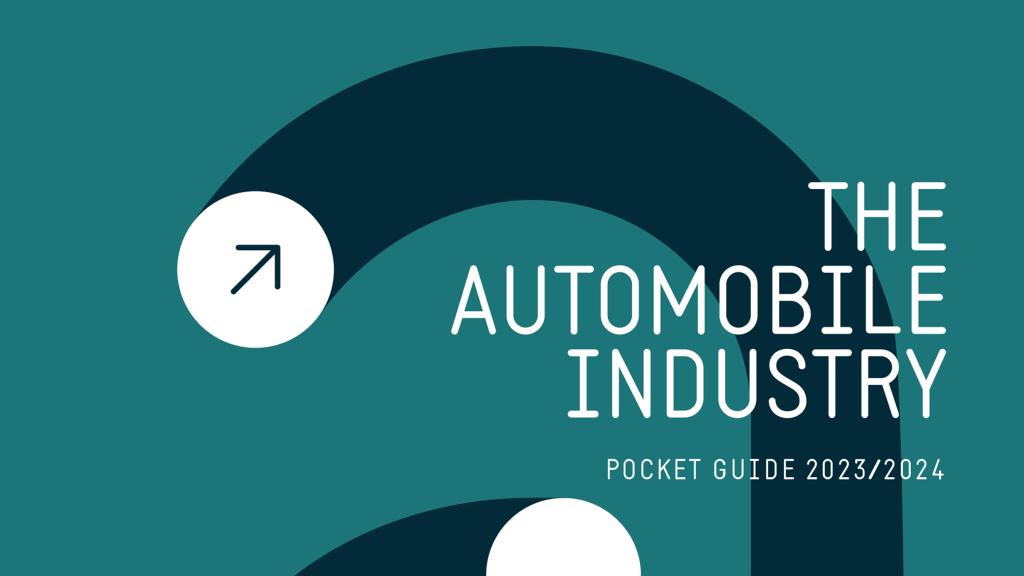European Parliament vote on CO2 for cars and vans: Clear KPIs now needed to monitor progress

Tomorrow’s vote by the European Parliament on CO2 targets for cars and vans is set to seal the agreement reached last October between the European Commission, Parliament and Council.
This in effect will result in a ban on the sale of traditional internal combustion engine vehicles in 2035, making the EU the first and only global region to go all-electric.
“Our industry is up to the challenge of providing zero-emission vehicles,” stated ACEA Director General, Sigrid de Vries.
Indeed, thanks to continuous industry investments, in 2022 more than one in five all new cars sold in the EU had a plug. The European market is on course to take the lead on the other world regions by 2030, when the share of battery electric cars is expected to exceed 70%.
All stakeholders must now urgently work together to guarantee access to the raw materials needed for e-mobility, make electric cars affordable mass-market products, mitigate negative employment consequences, and enable European citizens to charge their electric vehicle quickly and easily. In the context of the review of the CO2 regulation foreseen for 2026, ACEA is calling for clear KPIs to monitor progress in all these areas.
De Vries: “All the auto industry’s efforts and investments are geared towards zero-emission mobility. It is essential that all EU policies and regulations should align with and support this goal.”
The Euro 7 proposal on the table, however, risks distracting from this accelerated zero-emission pathway, ACEA warns.
All the auto industry’s efforts and investments are geared towards zero-emission mobility. It is essential that all EU policies and regulations should align with and support this goal.


